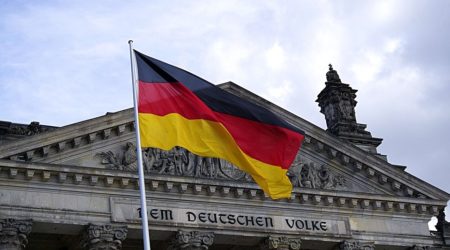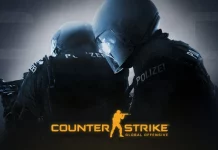A new Gauselmann Group subsidiary, trading under the Crazy Buzzer brand, has become the seventh online slot business to be added to the German whitelist and therefore given permission to operate nationwide.
 The business joins fellow Gauselmann brand Merkur on the list, as well as Mernov, which was founded as a joint venture between Merkur and Novomatic, though has since implemented a new shareholder structure. Given that both Merkur and Mernov were licensed for multiple sites, this means that six of the ten brands allowed to operate in Germany are connected to the Gauselmann Group.
The business joins fellow Gauselmann brand Merkur on the list, as well as Mernov, which was founded as a joint venture between Merkur and Novomatic, though has since implemented a new shareholder structure. Given that both Merkur and Mernov were licensed for multiple sites, this means that six of the ten brands allowed to operate in Germany are connected to the Gauselmann Group.
The German legal online casino market traces its origins to the country’s 1 July 2021 State Treaty on Gambling (GlüNeuRStv) which created provisions for the first time for online slot and poker businesses to operate nationwide.
The treaty also created provisions for the founding of a new national regulatory agency die Glücksspielbehörde (GGL). Previously, national gambling regulation was under the purview of the Sachsen-Anhalt State Administration Office. The new regulator commenced work on the 1 July 2022, one year after the passage of the treaty, though it currently only focuses on illegal gambling enforcement rather than regulating the sector as a whole.
Strict rules have played a part in limiting the number of operators that have been licensed – with only seven slot operators and zero online poker businesses ultimately receiving licences since the launch of the regulated market.
Some of these regulations include a 5.3% stake tax, cross-operator deposit limits of €1,000 per month and €1 stake limits. The stake tax in particular has been the subject of criticism, with the Germany sports betting association, the Deutsche Sportwettenverband (DSWV), arguing at the time that the tax would “jeopardise the success” of the new gambling regulation in Germany.
The association further said that the tight regulatory environment would be a boon to unlicensed operators that would take advantage of constraints that legal providers face.
“Now the authorities have to quickly issue permits and severely sanction those who continue to sell without a license,” said DSWV president Mathias Dahms.
“It cannot be that the legal providers are stupid. A market in which some unlicensed companies continue to operate undisturbed harms the political goals of the country and must be prevented by all means. We are calling for more activity on the part of the state supervisory authorities.”
In June, when only four operators had received licences, the Sachsen-Anhalt State Administration Office said that nine more online slot and poker licences were to be approved.












